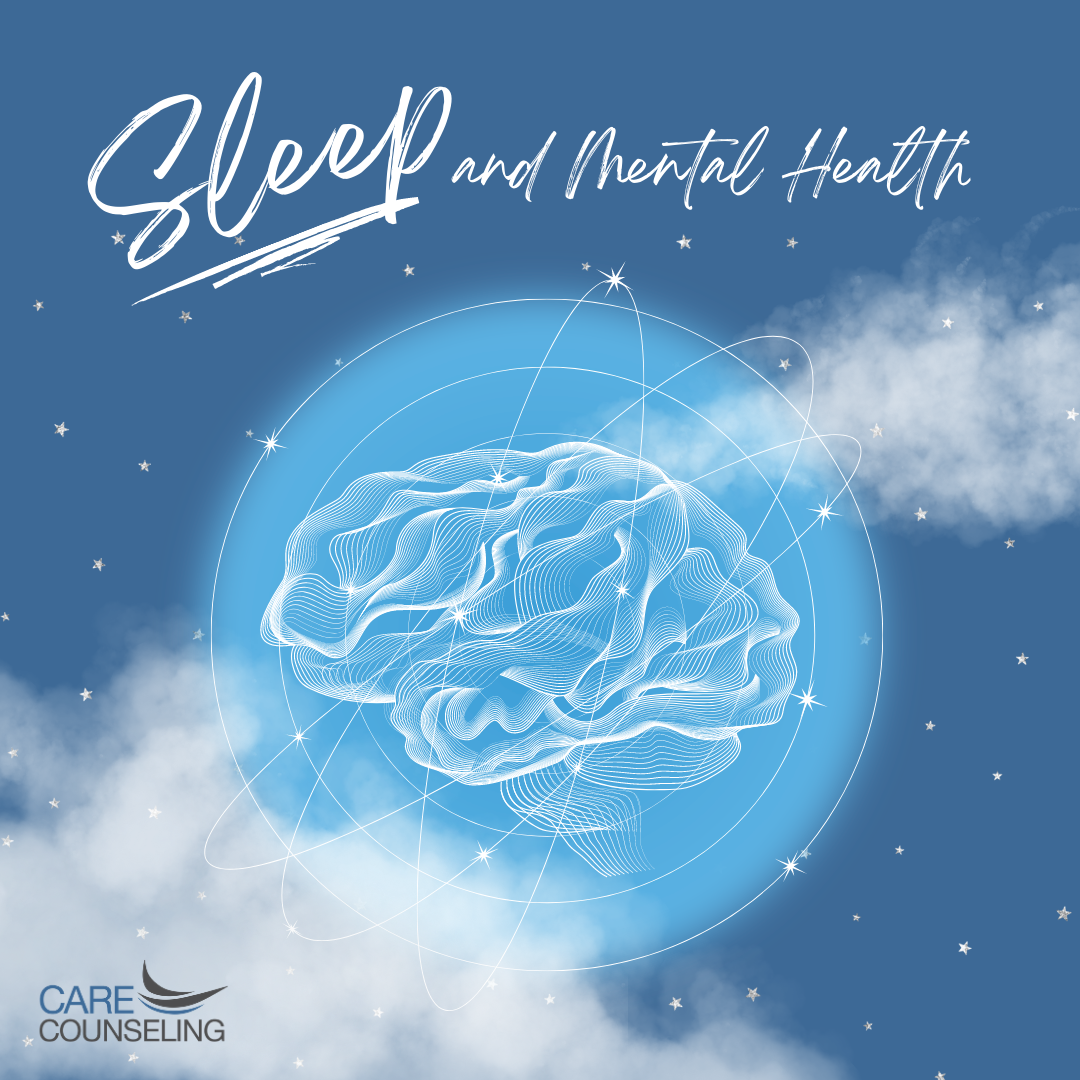How Sleep Impacts Mental Health

9 Ways Sleep Impacts Your Mental Health Sleep and mental health are deeply intertwined. learn about the complex relationship between sleep and mental health problems and how to improve both. While insomnia can be a symptom of psychiatric disorders, like anxiety and depression, it is now recognized that sleep problems can also contribute to the onset and worsening of different mental health problems, including depression, anxiety, and even suicidal ideation.

How Sleep Impacts Mental Health Sleep both affects and is affected by an individual’s mental health status—mental health challenges such as anxiety and depression often make it harder to sleep well, and poor sleep can contribute. Stanford medicine researchers explain how sleep influences our moods and the ‘bidirectional’ nature of that relationship — plus how we can repair broken slumber to improve our mental health. The increasing prevalence of reduced habitual sleep duration presents a significant public health challenge, impacting cardiovascular health, metabolic function and mental well being. this umbrella review analyses findings from systematic reviews. People with mental health problems are more likely to have sleep disorders. sleep problems are particularly common in those with anxiety, depression, bipolar disorder, and attention deficit hyperactivity disorder (adhd). 1.

How Sleep Impacts Mental Health Shatter Our Silence The increasing prevalence of reduced habitual sleep duration presents a significant public health challenge, impacting cardiovascular health, metabolic function and mental well being. this umbrella review analyses findings from systematic reviews. People with mental health problems are more likely to have sleep disorders. sleep problems are particularly common in those with anxiety, depression, bipolar disorder, and attention deficit hyperactivity disorder (adhd). 1. When you consistently don’t get enough sleep, it can lead to a range of mental health challenges. the brain’s ability to regulate emotions becomes compromised, making you more susceptible to irritability, difficulty concentrating, stress, anxiety, and mood swings. Sleep isn’t just a biological necessity—it’s the foundation of mental health. while we often prioritize work, social commitments, and entertainment over adequate rest, mounting research reveals that quality sleep is as crucial for emotional well being as it is for physical health. Sleep and mental health are deeply connected. dr. theresa miskimen explains how improving sleep quality can reduce anxiety, boost focus, and enhance overall resilience. what is the relationship between sleep disorders and mental health? the quality and quantity of sleep we get are crucial to both physical and mental health. Sleep is critical for your body to regulate itself, so a lack of sleep can cause issues with emotional balance and cognitive functions. if you’re sleep deprived, you may have more difficulty managing your emotions, staying focused, recalling information, and making decisions.
Comments are closed.